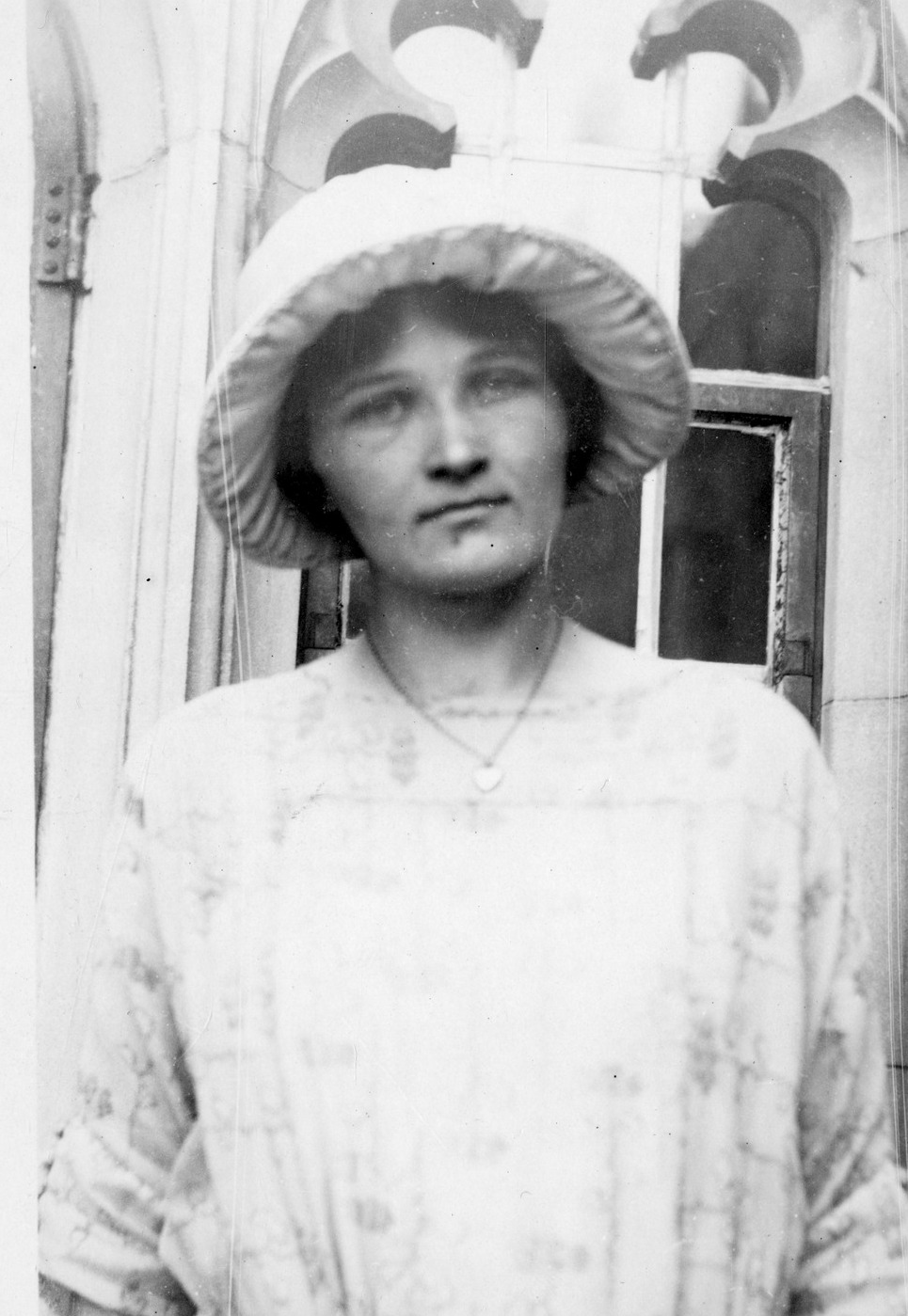In 1971 Pablo Neruda was awarded the Nobel Prize and now when 50 years have passed the list of nominees for 1971 has been released.
91 writers were suggested, compared with 77 writers in 1970 and 104 writers in 1969.
Kaj Schueler has as he usually does written an article in Svenska Dagbladet on the SA deliberations and it turns out the 1971 shortlist was:
From the Academy's list we also know this:
Nominees who would be awarded in coming years:
*the Academy document is actually not completely correct in its markings of new nominations as Roman Jakobson had been nominated in 1962 and neither Arthur Koestler nor Yiannis Ritsos had been nominated earlier.
91 writers were suggested, compared with 77 writers in 1970 and 104 writers in 1969.
Kaj Schueler has as he usually does written an article in Svenska Dagbladet on the SA deliberations and it turns out the 1971 shortlist was:
- W.H. Auden
- André Malraux
- Eugenio Montale (awarded in 1975)
- Pablo Neruda (awarded this year)
- Patrick White (awarded in 1973)
From the Academy's list we also know this:
Nominees who would be awarded in coming years:
- Heinrich Böll (awarded in 1972)
- Patrick White (awarded in 1973)
- Eyvind Johnson (awarded in 1974)
- Harry Martinson (awarded in 1974)
- Eugenio Montale (awarded in 1975)
- Saul Bellow (awarded in 1976)
- Elias Canetti (awarded in 1981)
- William Golding (awarded in 1983)
- Claude Simon (awarded in 1985)
- Elie Wiesel (awarded the Nobel Peace Prize in 1986)
- Günter Grass (awarded in 1999)
- Jorge Luis Borges, 6 nominations
- Eugenio Montale, 6 nominations
- André Malraux, 5 nominations
- André Chamson, 4 nominations
- Günter Grass, 4 nominations
- André Malraux - 22nd year
- Alberto Moravia - 17th year
- Graham Greene - 16th year
- Simon Vestdijk - 16th year
- Thornton Wilder - 14th year
- José María Arguedas (who had passed away in 1969)
- James Baldwin
- Tarasankar Bandyopadhyay
- Mykola Bazhan
- Jawad Boulos
- David Cecil
- Tamsediin Damdinsüren
- Paul Demiéville
- José García Villa
- Romain Gary
- Maurice Genevoix
- William Golding (awarded in 1983)
- Younghill Kang
- Richard E. Kim
- Arthur Koestler
- Philip Larkin
- Archibald MacLeish
- Miquel Merendes i Rué
- Fritiof Nilsson Piraten
- Yiannis Ritsos
- Georges Schéhadé
- Arno Schmidt
- Robert Shih
- Elie Wiesel
- Henry Williamson
- Michel Butor (by Karl Ragnar Gierow)
- Aimé Cesaire (by Karl Ragnar Gierow)
- Rabbe Enckell (by Eyvind Johnson)
- Vladimír Holan (by Eyvind Johnson)
- Eugène Ionesco (by Karl Ragnar Gierow)
- Eyvind Johnson (by Pär Lagerkvist) - Johnson was at the time of nomination a member of the SA (just as Lagerkvist had been when he was awarded in 1951)
- Siegfried Lenz (by Karl Ragnar Gierow)
- Väinö Linna (by Eyvind Johnson)
- Harry Martinson (by Pär Lagerkvist) - Martinson was at the time of nomination a member of the SA (just as Lagerkvist had been when he was awarded in 1951)
- Henry de Montherlant (by Anders Österling)
- Vilhelm Moberg (by Anders Österling)
- Yiannis Ritsos (by Eyvind Johnson) - also by Per Wästberg, as chairman of Swedish PEN (Wästberg became a member of the SA in 1997 and was chairman of the Nobel Committee 2004-2017)
- Alain Robbe-Grillet (by Henry Olsson)
- Arno Schmidt (by Lars Gyllensten)
- Léopold Sédar Senghor (by Karl Ragnar Gierow)
- Claude Simon (by Henry Olsson)
- Zaharia Stancu (by Karl Ragnar Gierow)
- Simon Vestdijk (by Karl Ragnar Gierow)
- Marie Under
- Except for SA member Pär Lagerkvist’s nominations of Eyvind Johnson and Harry Martinson there were no nominations from former laureates (so just as in 1970).
- Jacques Maritain - 89 years old
- Richard E. Kim - 39 years old
*the Academy document is actually not completely correct in its markings of new nominations as Roman Jakobson had been nominated in 1962 and neither Arthur Koestler nor Yiannis Ritsos had been nominated earlier.

